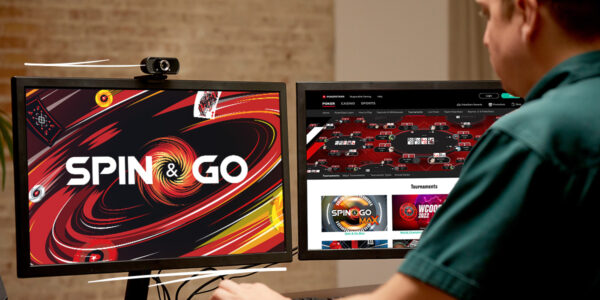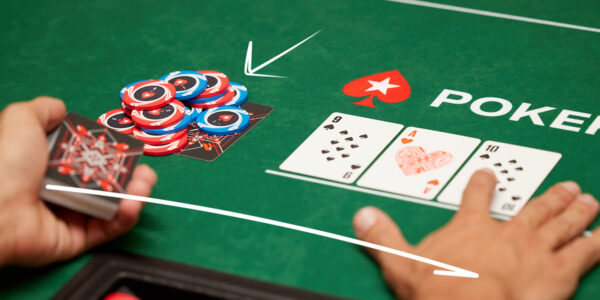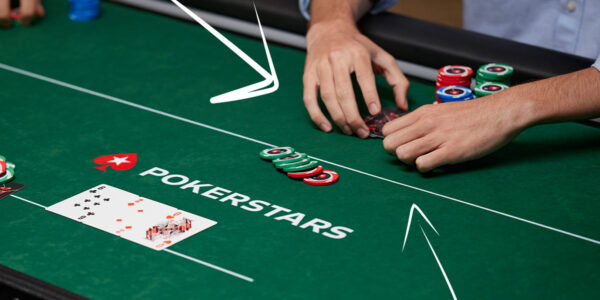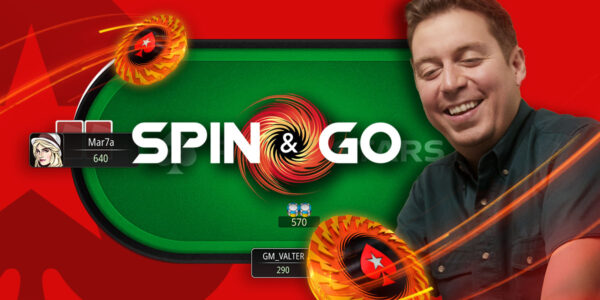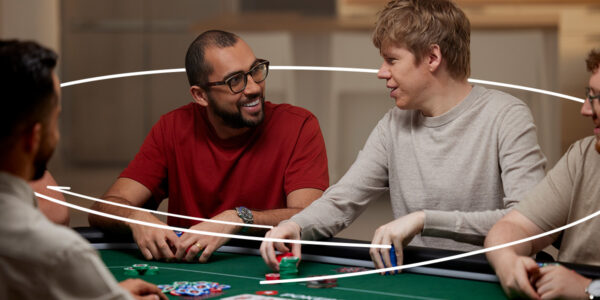Think Twice Before Playing Lemming Poker
In this poker strategy article we discuss how we should model our playing style from that of successful players and not fall into the trap of learning to play poorly from bad players.
There has been a recent trend in hand discussions on the PokerStars Discord, of players citing population tendencies in response to feedback they’ve gotten on a hand or spot. I call this lemming poker, and it’s a really bad habit to get into.
The general conversation goes like this: Player presents a hand, asking for thoughts about how it was played. People chime in with thoughts, suggesting (for example) that their bet sizing isn’t good and some other sizing would be better. They respond with something along the lines of “I never see anyone at 5nl zoom using that sizing, they are all using the sizing I used”.
This is human nature to an extent, to go with the flow, and follow the crowd. This is a flawed approach to poker, however, and here is the problem: 99% of your opponents at 5nl zoom are losing players.
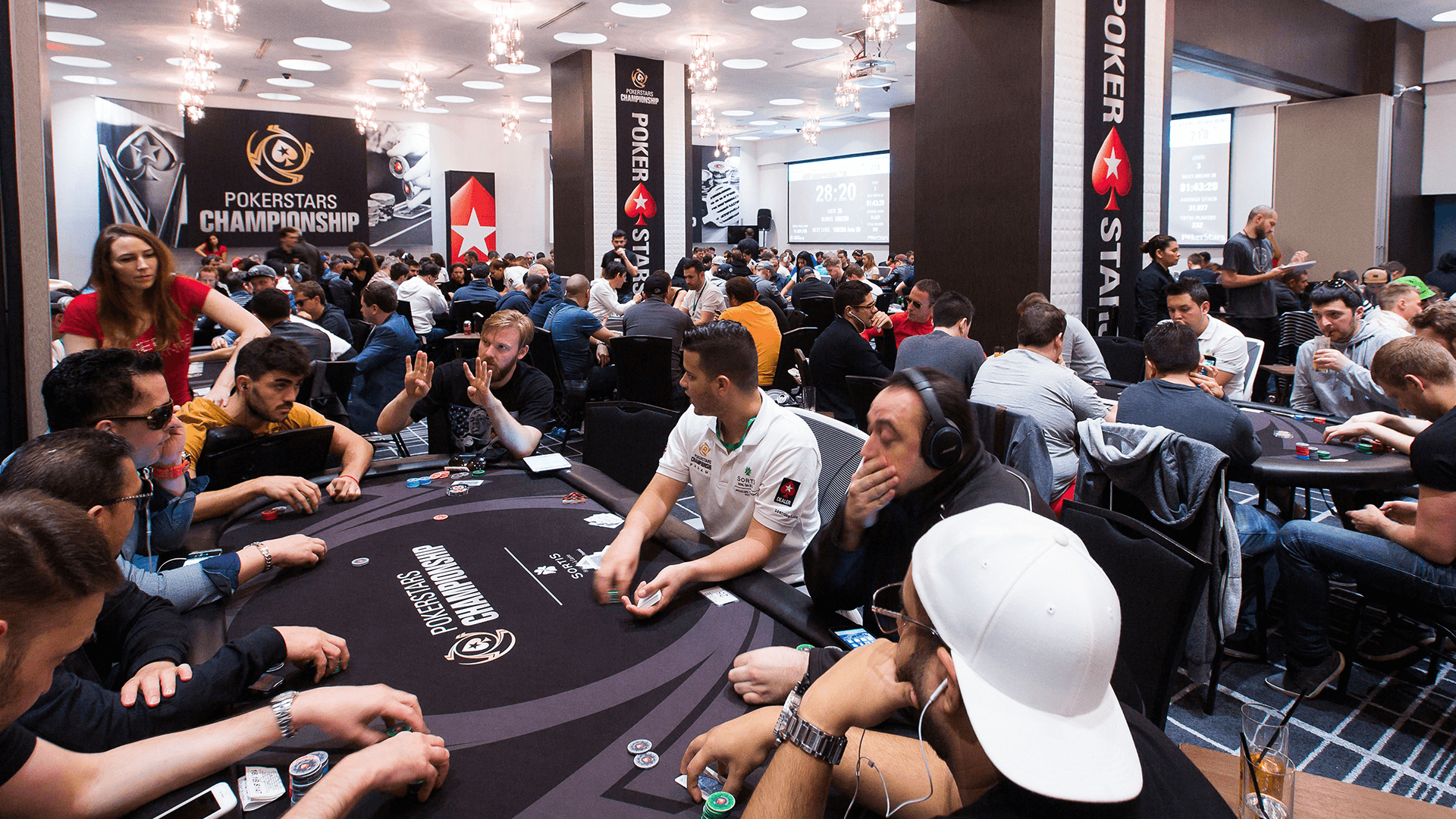

You may have heard in the past that 5-10% of poker players are consistent winners at the game… so let me explain where am I coming up with 99%. To be fair it’s my best guess estimate, but solid winning players generally won’t be in micro stakes playing 5nl zoom. If they do spend time there, it’s only temporary and short-term, before they move up (or maybe they are coaching and that is not their regular stakes).
Also, this is not to say that only 1% of the player pool at 5nl zoom is in profit, and 99% are not. There are no doubt some players who are marginally profitable at 5nl who are not solid poker players. This is the game selection phenomenon. If you were able to somehow identify the 10 worst poker players in the world and seat them all together, the best of the lot would be a “winning player” in that line-up but still a terrible, long-term loser in general. This is how more than 1% of the pool can be turning some profit while not necessarily playing sound, fundamental poker… they are just better than most of the competition. Which, when it comes to micro stakes, the competition can be truly awful.
Which brings me back around to my original point. One of the ways to develop success at something is to find others who are already successful and learn what it is they do. But in lemming poker, you’re actually doing the opposite… modeling your behavior after losing players! If you are doing the same things as you see “everyone else” doing in your micro stakes games… then you are essentially one of them. Why would you want to do that? In fact, I would go so far as to suggest if you notice most players in your micro-stakes games are doing something consistently, that you should question if that is really an optimal strategy or not. And do not be afraid to do something different if you believe it is a sound strategy.
How can you go about finding these better strategies?
Learn from winning players.
Modeling already successful players is a good way to go. Having open discussions about hands and spots and strategies is certainly fine and a good way to stimulate the learning process, but don’t take as gospel anything you’re told… think it through for yourself. And certainly don’t take something as gospel from players who themselves can’t beat micro stakes games, even if they are speaking like they are an authority. In short, think and be smart, don’t be a lemming.
Be cautious about “standard”.
So often we see people making the statement that some action in some spot is “standard”. The standard for whom? Solid winning players? Okay, why is it so? If you can understand the why and apply that properly to your own game, your results will improve. Something that is standard for the player pool in general, you would be wise to question, since most players are in fact losing players (and why would we want to do what they do as “standard”?).
Develop your own process.
You don’t have to reinvent the wheel, but if you embark on your own study plan, be it books, training videos, coaching, etc. or all of the above, you will formulate ideas and concepts from some of the select winning players that will help improve your game and question your logic.
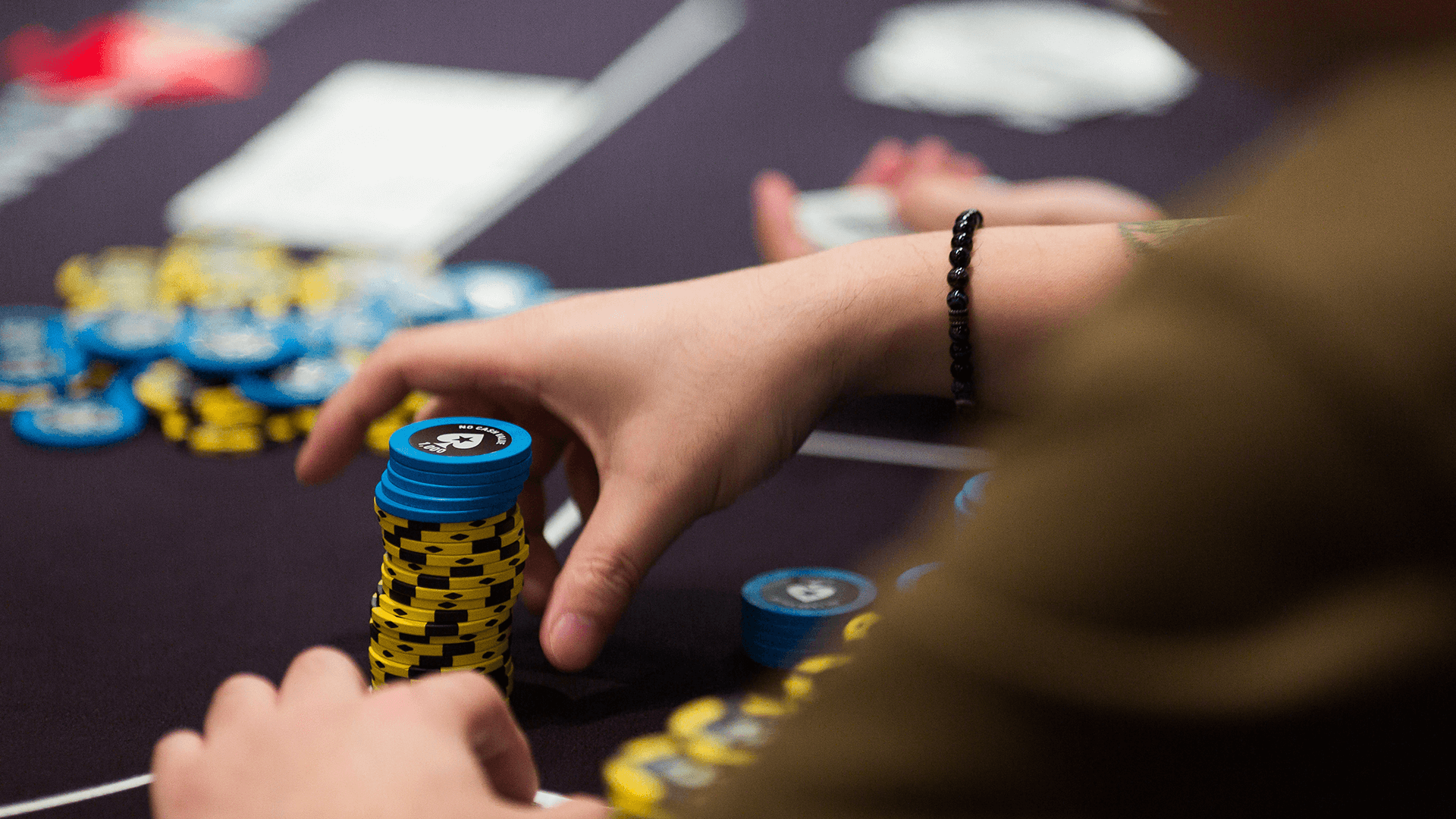

Keep an open mind.
I’ll provide a personal example. I recently watched a coaching video where the coach was recommending open limping in a certain situation in which I personally was never open limping. Somewhere along the way, I had come to the belief that open limping there was sub-optimal, and raising if we were going to play the hand was “standard”. This coach is a solid winning player, so I perked up and listened, thought a lot about the concepts they were discussing, and will take the new thought process on board to strengthen my game and understanding of those similar spots. Without having an open mind to the possibility of something I thought was “bad” being a viable strategy, I likely would have dismissed this discussion as nonsense and not learned or improved from the experience.
Be flexible.
Sort of what I was talking about above, but also it’s a good principle to evaluate new information and consider spots you come across with a flexibility to adjust. There is no cookbook recipe to good poker. Situations are different and unique. Being able to parrot something you read in a book isn’t going to make you a good, winning player. It just makes you a lemming. And although the advice may have been right for a specific situation, it may be woefully wrong for others. When you truly dissect and understand a concept, you’ll be able to adjust appropriately for different situations if you remain flexible.
Going forward, I recommend bearing this in mind. Most of your opponents (especially at micro stakes) are losing players. If you are doing the same things they do, you’re residing to be one of them. Break that mold, and your understanding of the game (and subsequent results) may just improve!




